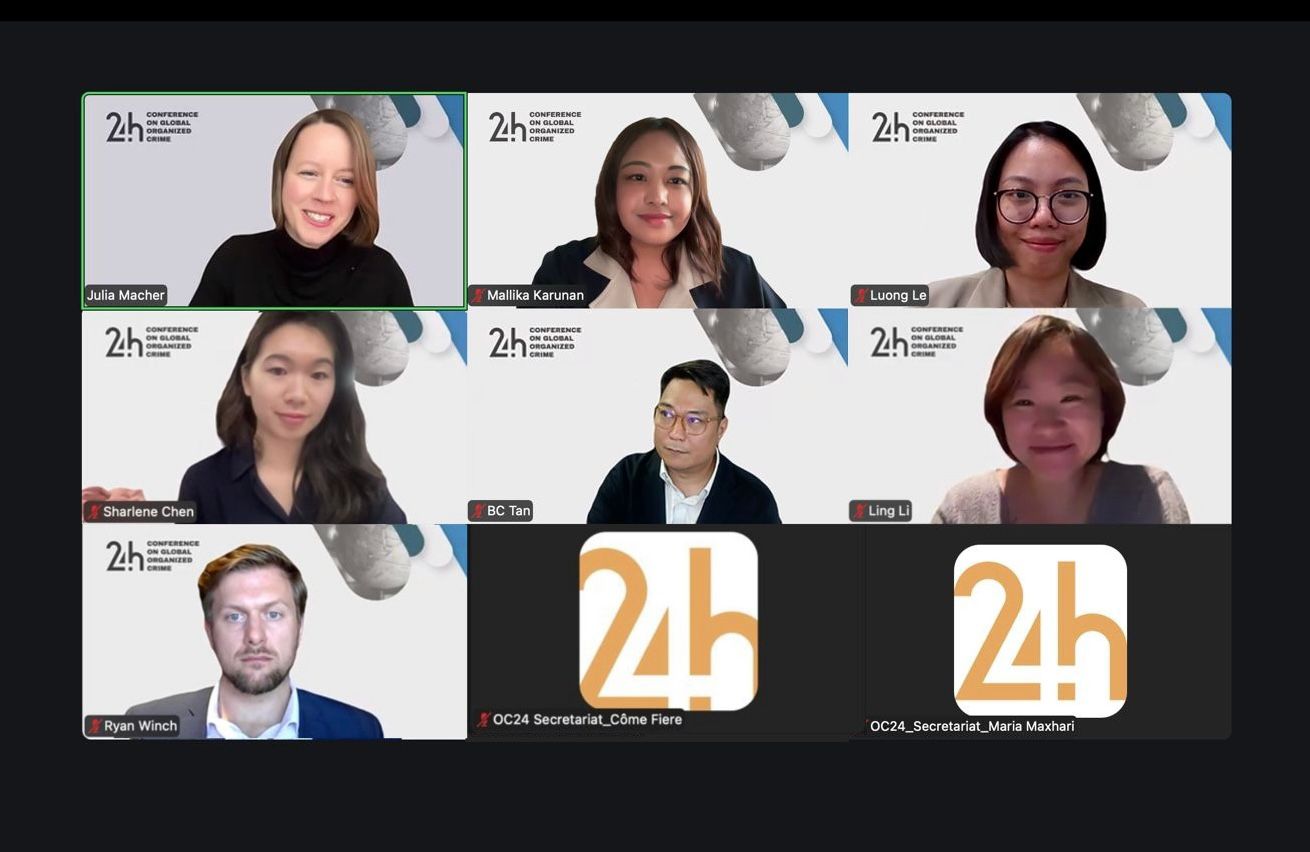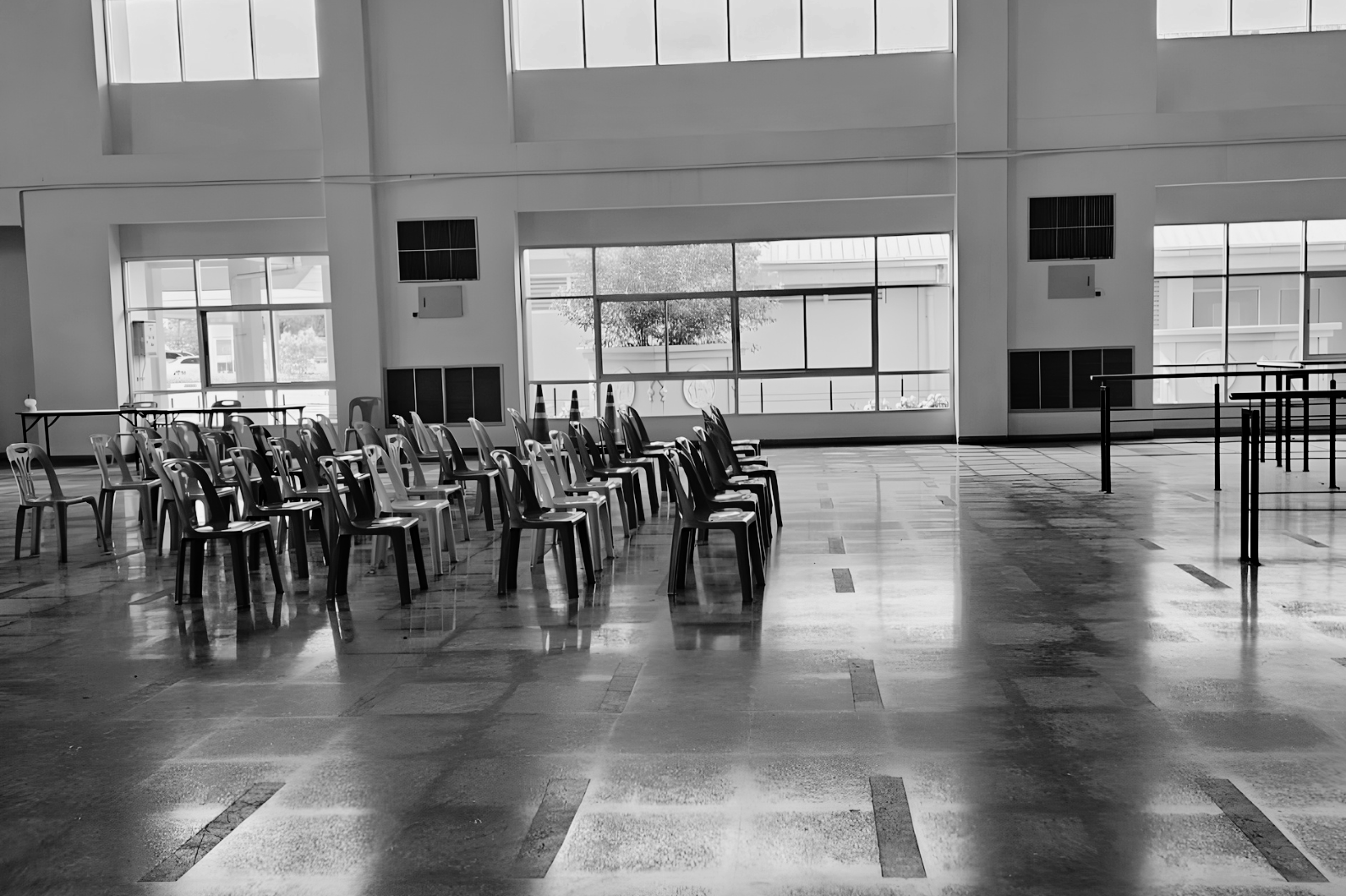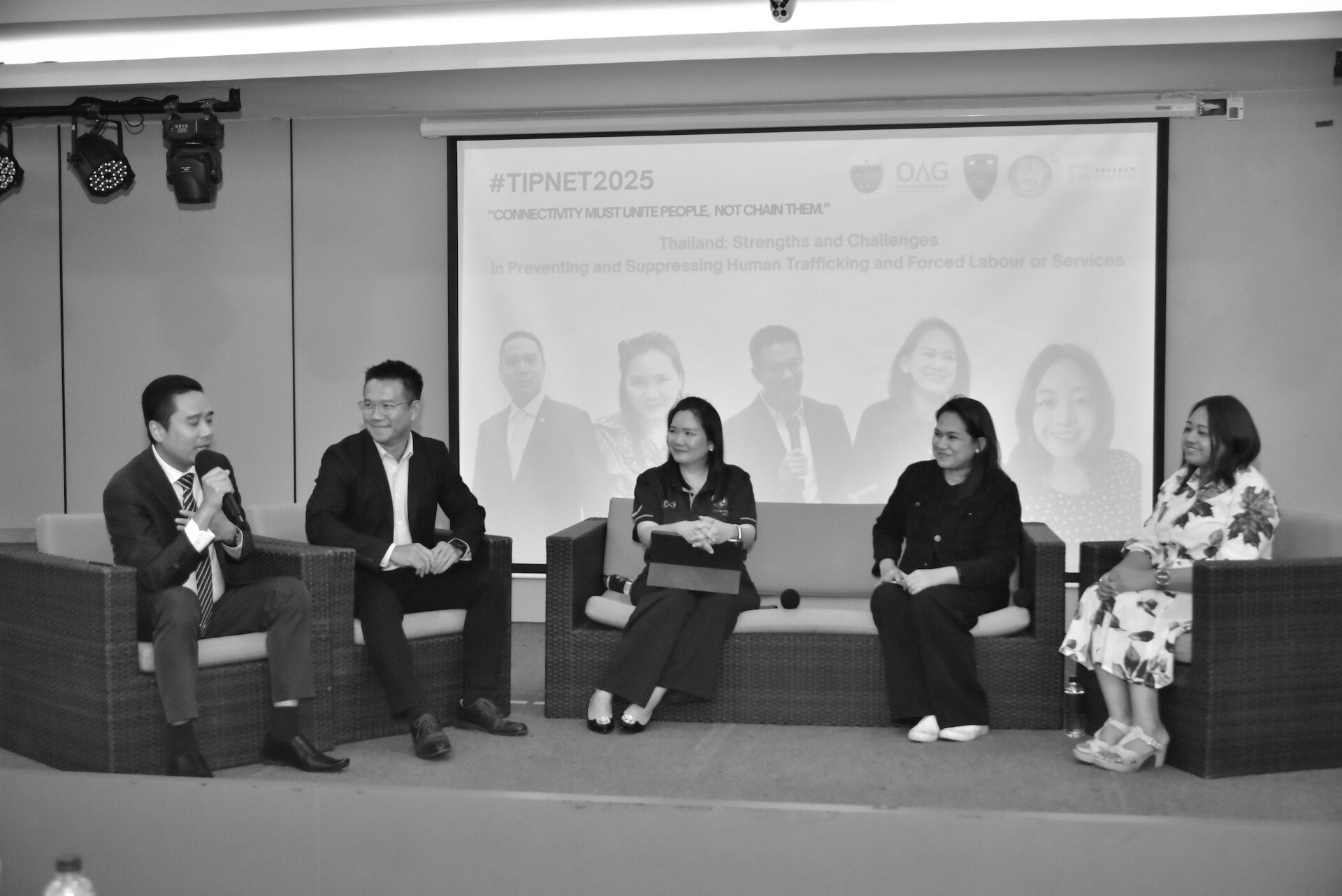Freedom Collaborative contributed insights gathered from partners in East Africa and Asia to enrich the consultative process led by the International Labour Organization (ILO) and Innovations for Poverty Action (IPA) in developing Global Research Priorities for Combating Human Trafficking and Forced Labour. In East Africa, this included extensive input from members of the East and Horn of Africa Anti-Trafficking (EHAAT) Network, a growing regional coalition of frontline organizations supported by the European Union and the Federal Government of Germany through the Better Migration Management Programme. During the consultations, civil society partners and survivor leaders identified key research priorities and offered targeted recommendations and action-oriented questions to help build consensus, close knowledge gaps, and inform more impactful, evidence-based programs and policies.
Grounding global priorities in local perspectives
These context-specific research priorities underscore the importance of grounding global responses in civil society perspectives, and show how locally informed insights can strengthen international efforts. The varied inputs demonstrate frontline organizations’ deep understanding of how structural factors interact to drive trafficking and abuse within their communities, and how these dynamics are evolving under the pressures of climate stress and digital exploitation.
East Africa: Addressing root causes and supporting survivor leadership
In East Africa, participants focused on reducing vulnerability through efforts that address poverty, displacement, and inequality, noting that awareness raising in isolation has little impact in contexts where a lack of resources, climate stress, and weak governance drive families and children into risky situations. They pointed to under-researched issues such as internal child trafficking, forced marriage, and the effects of climate and environmental shocks as major gaps in prevention research. They also highlighted the need for sustained attention to survivors’ long-term trajectories, emphasizing comprehensive reintegration support and ongoing monitoring of re-trafficking risks. Participants called for greater recognition and support of survivor-led organizations, noting that their leadership and lived experience are essential to shaping effective protection and reintegration strategies. Strengthening cross-border coordination, evidence-sharing, and policy harmonization among East African states were also identified as critical areas for progress.
Asia: Strengthening evidence and inclusive prevention
Across Asia, members highlighted persistent challenges in demonstrating the effectiveness of prevention measures, as well as structural drivers of exploitation that remain under-examined but require policy-level reforms, including citizenship, land rights, and access to education. They also drew attention to region-specific factors such as statelessness in Thailand, caste and tribal exclusion in India, and the intersections between disaster displacement, climate stress, and digital exploitation—all of which heighten vulnerability and merit deeper study. They also called for more in-depth study and documentation of community-based care models, economic recovery pathways, and mental-health approaches tailored for survivors. Partners emphasized the need for community-based alternatives to institutional shelters and for greater inclusion of male survivors and other underrepresented groups. Partners repeatedly noted that most anti-trafficking interventions in Asia lack rigorous evaluation, and urged greater investment in impact assessments, comparative research, and cross-country learning to strengthen evidence-based policymaking.
Shared priorities for collaborative change
Despite regional differences, partners in both East Africa and Asia identified common challenges: limited locally grounded data, justice systems that struggle to provide effective remedies, insufficient survivor inclusion, and a need for stronger regional collaboration. Both groups called for a global research agenda that is evidence-driven, context-specific, and designed to foster cooperation while improving the quality of research across regions. They emphasized survivor-centered, participatory approaches and the integration of protection, labour, and social systems.
Participants from both regions also stressed the importance of working across sectors. Trafficking cannot be understood in isolation from broader social challenges, and interventions developed in areas such as child marriage prevention, gender-based violence response, child protection, housing, and mental health offer valuable opportunities for adaptation. Similarly, practitioners across Asia noted that efforts in education, labour rights, disaster response, and youth engagement hold significant yet largely untapped potential to reduce vulnerability to trafficking.
Read the full recommendations: EHAAT Regional Recommendations on Global Research Priorities
Read the full recommendations: Asia Regional Inputs on Global Research Priorities for Human Trafficking and Forced Labour



